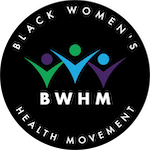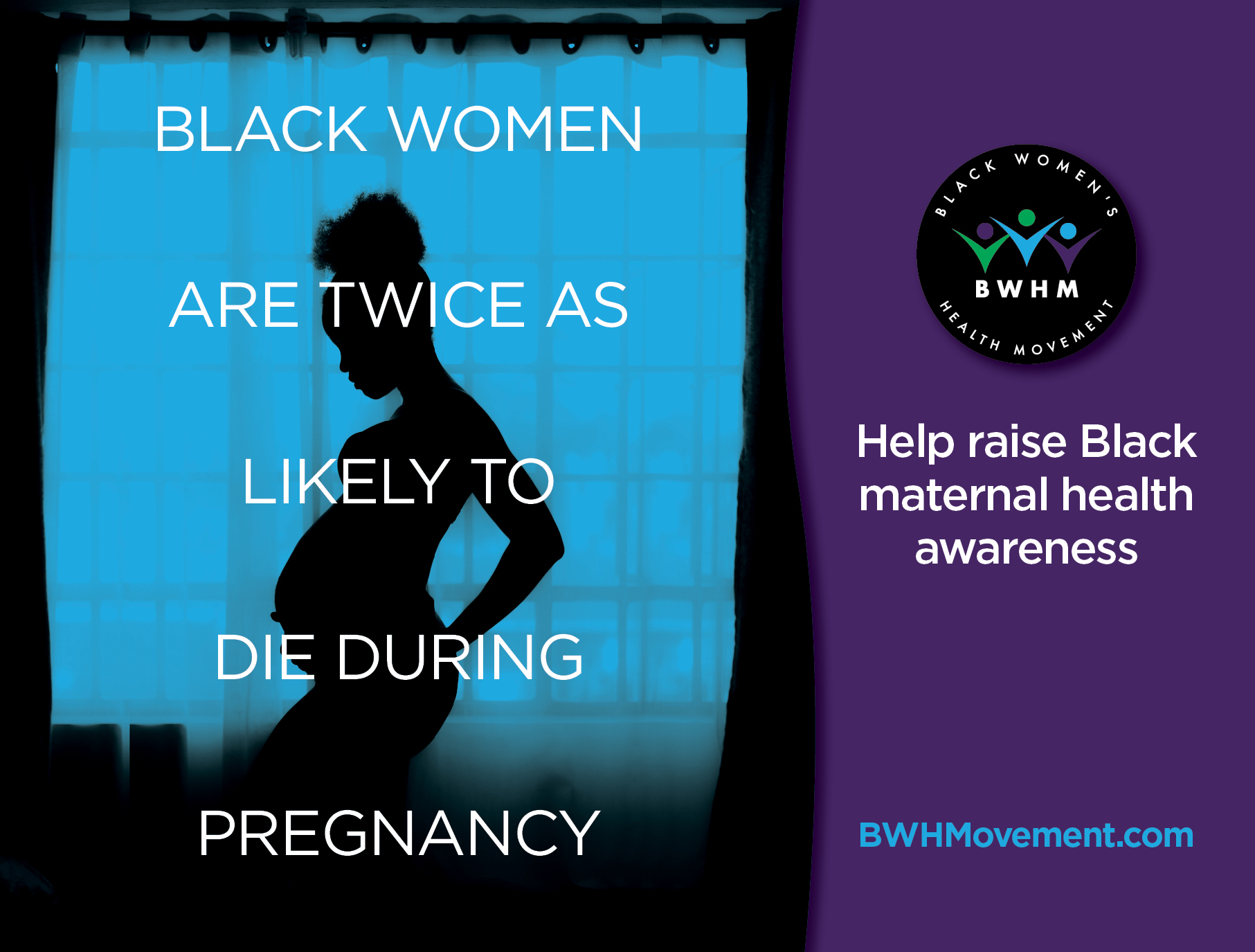Bringing a New Life Into the World Shouldn’t Put a Mother’s Life at Risk
We stand with the proclamation from the White House that named April 11-17, Black Maternal Health Week. A person’s race should never determine their health outcomes and far too many Black women have been tragically denied safety and equity in pregnancy and childbirth.
Becoming a mother-to-be should be a happy occasion, but because we are Black women in America, our joy can be overshadowed by health disparities — for ourselves and our babies.
Alarmingly, the United States is actually one of THE most dangerous developed nations to give birth regardless of race. Within those statistics, it’s clear that Black women are even more disadvantaged. We are TWICE as likely to face pregnancy-related deaths when compared to our white counterparts.
Why Do Higher Pregnancy Risks Exist for Black Women?
The deep issues of systemic racism and implicit bias that results in heartbreaking disparities for women of color, especially Black women, is critical. The good news is that we can eradicate bias in Black maternal care with concentrated efforts and continuous work. To do that, it is imperative that we address the root causes of maternal health disparities, such as social determinants like education and poverty.
More critically, however, is the racial discrimination and implicit bias that results in the inequalities of our care. In other words, stereotypes can impact the actions and judgments of our healthcare providers. The implicit bias of well-meaning health professionals can lead them to:
- Ignore symptoms
- Dismiss patient concerns
- Deny treatment options
- Take actions that worsen health outcomes
Get Informed and Take Action
Eradicating bias in healthcare requires acknowledging it, understanding it, and then employing strategies to overcome it. The links below include more information about maternal health and what you can do to help our community reduce our pregnancy risks.
Black Maternal Health Week and Beyond
SHARE! Racial Disparities in Black Maternal Health Infographic


